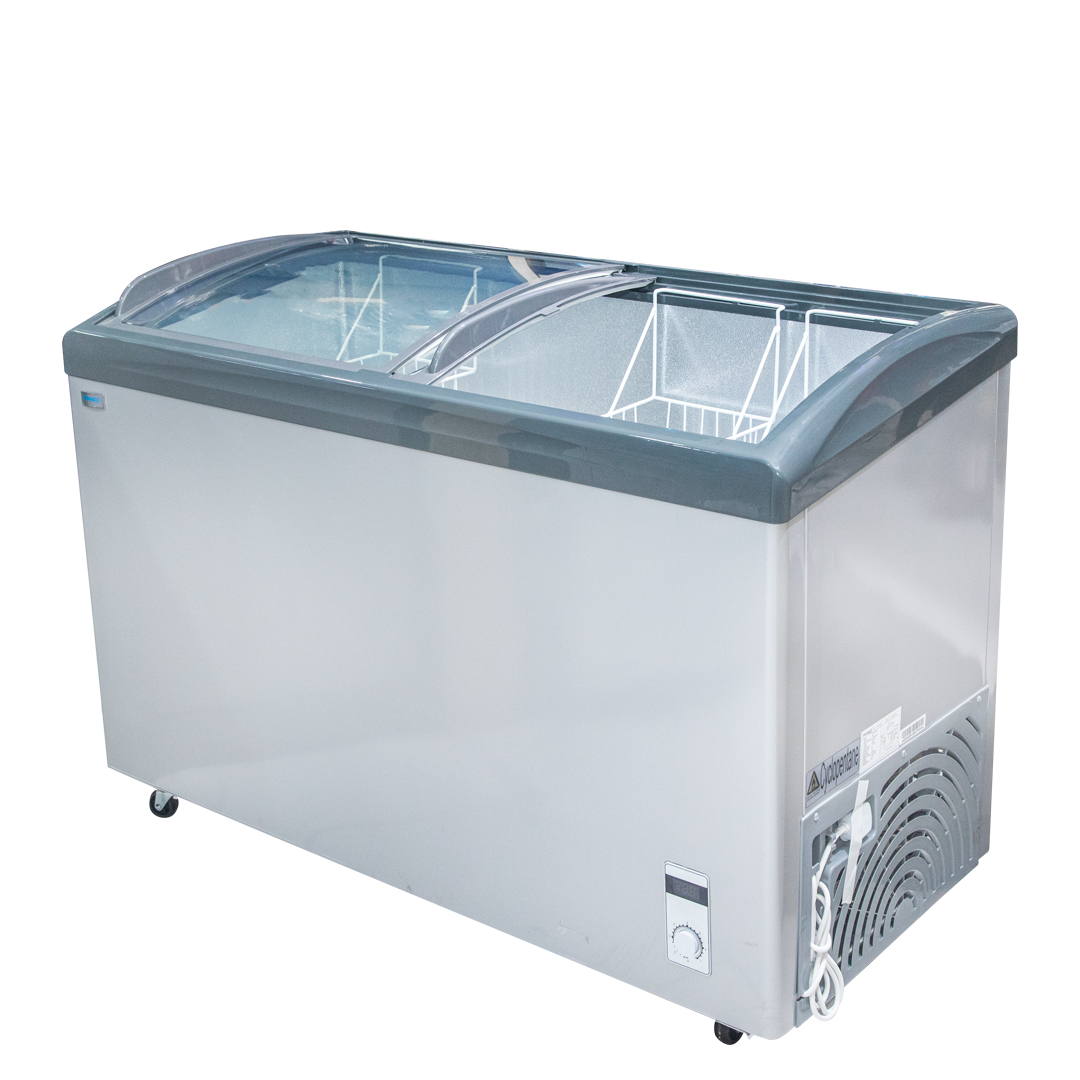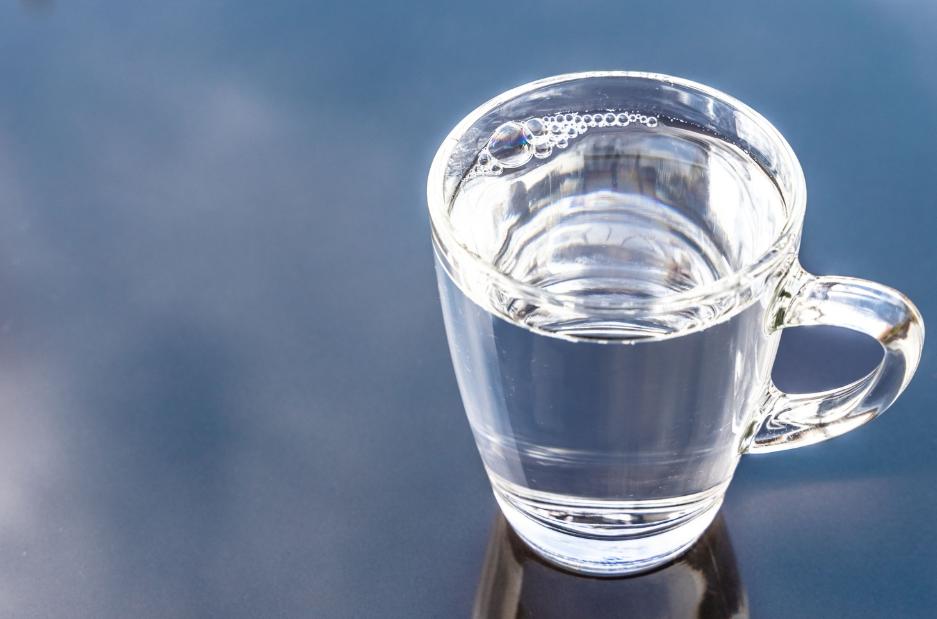Sweetness is a universal craving, but the form in which it reaches us matters significantly. Among the various sweeteners used in food and beverages, liquid sugar is one of the most commonly overlooked. It hides in plain sight, playing a major role in the health challenges faced by modern society.
What is Liquid Sugar?
Liquid sugar is essentially sugar dissolved in water. It is often used by manufacturers as a convenient and cost-effective alternative to granulated sugar. Found in sodas, energy drinks, flavoured coffees, and even so-called “healthy” juices, it is an ingredient many of us consume daily without realising.
Unlike traditional sugar which requires dissolution during preparation, liquid sugar blends seamlessly, making it a favourite in industrial food production. However, its ease of use comes with drawbacks, especially concerning health.
Why is Liquid Sugar a Concern?
Liquid sugar is rapidly absorbed into the bloodstream, leading to quick spikes in blood sugar levels. This not only disrupts energy levels but also puts undue stress on the pancreas to produce insulin. Over time, this can increase the risk of insulin resistance and type 2 diabetes.
Moreover, liquid sugar is calorie-dense and lacks the fibre or nutrients found in whole foods, such as fruits. It adds to calorie intake without providing satiety, often leading to overconsumption. This is one of the reasons behind its strong association with weight gain and obesity.
Where Does Liquid Sugar Lurk?
It’s easy to associate sugar with desserts or confectionery, but liquid sugar finds its way into less obvious places. Salad dressings, flavoured yoghurts, and even bread can contain it. Manufacturers may list it under names like “sucrose syrup,” “glucose-fructose syrup,” or “cane syrup,” making it harder to identify on labels.
How to Reduce Consumption
Awareness is the first step in reducing liquid sugar intake. Always check product labels for hidden sugars. Swap sugary drinks for water, herbal teas, or unsweetened alternatives. Preparing meals at home gives you greater control over the ingredients used.
Choosing whole fruits instead of fruit juices is another smart move, as fruits contain natural sugars paired with fibre, slowing sugar absorption.
Conclusion
While it may be easy to dismiss, liquid sugar has profound effects on our health. Its ubiquity in processed foods and beverages makes it essential for consumers to be informed and proactive. By recognising and reducing its presence in our diets, we can take meaningful steps towards better health.

 Home
Home







